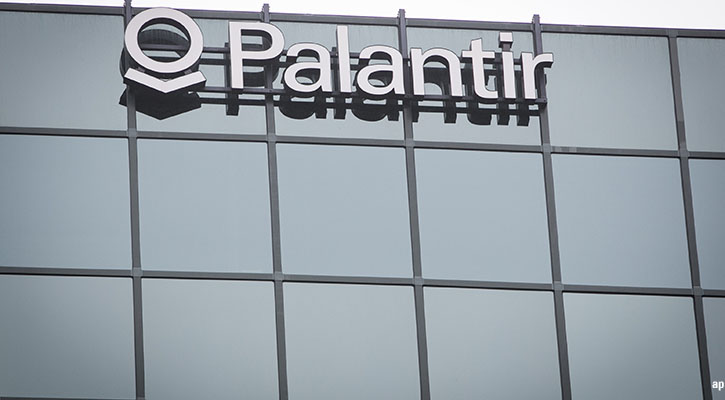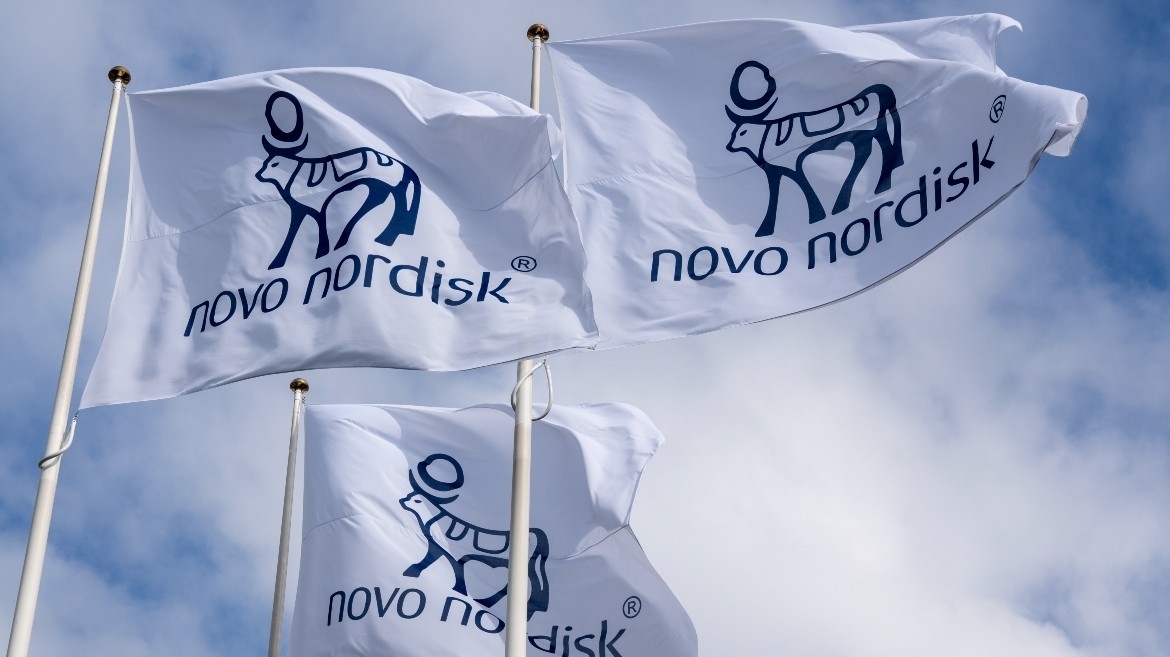This article is part of our World Cup 2018 Investment Series, one top market pick from each of the eight Groups – but instead of comparing sporting prowess we outline the best investment prospect.

The Spanish football team was plunged into chaos on Monday, just days before the World Cup started, after a change of leadership that had apparently been planned for after the tournament was brought forward.
Head coach Julen Lopetegui was sacked by the Spanish Football Federation after conducting negotiations with Real Madrid without the governing bodies knowledge. Director of Football Fernando Hierro, a former Spain national team captain, was thrust into the role with seemingly no preparation ahead of the biggest football competition in the world.
Still, the former World Champions are odds-on favourites to triumph in Group B, with Iberian neighbour Portugal their biggest threat.
The football team’s troubles echoed similar ructions within the Spanish Government just a couple of weeks prior. Incumbent Prime Minister Mariano Rajoy was ousted two weeks ago by a vote of no confidence, foisting the role onto the leader of the opposition, Pedro Sanchez.
“A weak conservative Government has been replaced by a weak socialist government which is profoundly pro-Euro and against Catalan secession,” explains Stephanie Butcher, fund manager for European equities at Invesco Perpetual.
There is very little that the new Government can actually do due to its slim parliamentary majority, agrees Andrea Iannelli, investment director for fixed income at Fidelity International.
“The room for manoeuvre on the fiscal side is also limited,” she continues, “with the 2018 budget already ratified by Rajoy before his departure. As it stands, in the short term it is difficult to see how long the new government will hold, and early elections appear likely in the months ahead.”
Of course, problems have been brewing in Spain for a while now, with an unsanctioned independence referendum in Catalonia spooking markets at the tail-end of last year. The country’s blue-chip index, the Ibex 35, is down 11% since May 2017’s near-two-year high.
But Butcher says that despite her fund underperforming in May 2018 due to a collapse in value as a factor, she’s not changing her stance. In fact, she adds: “We have used weakness to add to existing positions with particular emphasis on Spanish and Italian banks.”
How to Invest in Spain
There are few Spanish equity funds available for retail investors. However, Morningstar gives the Magallanes Value Investors UCITS Iberian Equity fund a Silver Rating. Analyst Francesco Paganelli notes that manager Iván Martín Aránguez has a long and successful track record investing in Iberia.
The former Aviva and Santander investor founded Magallanes Value and has a significant stake in the firm. The fund is concentrated to between 25-30 stocks, all displaying an adequate margin of safety, and Aránguez is unafraid to keep sizeable cash stakes when opportunities dry up in order to preserve cash.
The best way to passively access the Spanish market is through the Lyxor Ibex 35 ETF (LYXIB), which tracks the country’s benchmark index. Despite the aforementioned market fall, this ETF has managed a positive return, up 52% in pound sterling terms since launch in October 2006.
However, analyst Jose Garcia-Zarate cautions that, while the ETF does what it’s supposed to do very efficiently, “as a strategy, the Ibex 35 has some key weak points” so he rates it Neutral.
That’s shown by its underperformance since the Magallanes Value fund’s inception in December 2015. In that time the ETF has returned 28% compared to Magallanes’ 73% in pound sterling terms.
Alexander Darwall’s Jupiter European is a broader way to gain exposure to the Spanish market, with the pan-European fund having around 12% invested in Spain. While it’s underperformed the Magallanes offering since the latter’s inception, long-term results are impressive. Since Darwall took over in 2001, the fund has returned over 500%.
Darwall looks for companies with a good track record of profitability, proven product and business models and evidence of entrepreneurial endeavour, with the prospect of above-average earnings growth.
It holds two Spanish companies in its top 10: IT group Amadeus and pharmaceuticals firm Grifols.






























